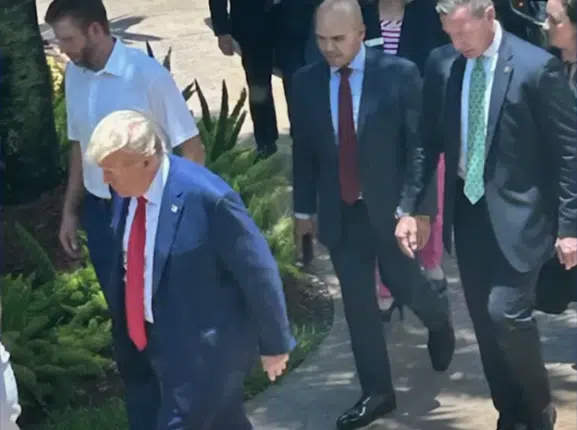By Kevin Mooney — Although the showdown between Gov. Scott Walker and public employees in Wisconsin has understandably seized media attention, business interests should not lose sight of administrative activity in Washington D.C.
Labor bosses who lost out on major legislative favors over the past two years could still gain the upper hand against private sector operations compliments of the National Labor Relations Board (NLRB). The agency is charged with overseeing union organizing efforts and investigates unfair labor practice charges for most private sector workers. The Obama attorneys who now dominate the Board appear poised to force through major policy changes without congressional approval.
Brian Haynes, a Republican NLRB member, has sounded the alarm in a strongly worded dissent attached to a case involving nursing home workers that could have serious ramifications. The Board’s final decision in Specialty Healthcare and Rehabilitation Center of Mobile could potentially alter how bargaining units are established in six million companies covered under the National Labor Relations Act (NLRA), according to industry groups.
On the surface, most of the questions in the case appear narrowly tailored to address the health industry. But in reality, NLRB is angling to create a new rule that would allow employees with the same job classification to organize. Under the current system, organizers must gain support from over 50 percent of an entire storewide bargaining unit. But the legal reasoning at work in Specialty makes it possible for just 10 pharmacy workers, or 15 auto shop workers, or 20 loading dock personnel to all form separate unions. These “mini-unions” could then burrow in and build up their influence over time.
“This would give a major advantage to union organizing within nonunion companies,” said Glenn Spencer, executive director of the Workforce Freedom Initiative with the Chamber of Commerce. “It is difficult to overstate how damaging this could be for the private sector and for business owners. The administrative policy changes now working their way through the NLRB should be a major source of concern.”
After investing heavily in the election of a Democratic congress and a Democratic president in 2008, labor officials clearly expect some return on their investment to compensate for legislative setbacks on Capitol Hill, Spencer added. The “card check” and binding arbitration provisions included as part of the “Employee Free Choice Act (EFCA)” did not advance under Democratic majorities and remain non-starters in the Republican House. Nevertheless, the rule changes contemplated within Speciality that open way for “mini-unions” could translate into a major advantage for organized labor.
Haynes, NLRB Republican member, explains the stakes in his dissent:
“However, a far greater concern is raised by the invitation for parties and amici to address the standard for unit determinations in other industries. I see no reason to embark on this ill-considered path at all, much less only a scant few months after the Board’s most recent rejection of the view that a unit consisting of all employees who do the same job at the same location is appropriate, without considering whether the interests of the group sought are sufficiently distinct from those of other employees to warrant the establishment of a separate unit.13 Further, while the Board has broad discretion to make law through case-by-case adjudication rather than through rulemaking, I believe my colleagues’ actions test, and likely will exceed, the limits of that discretion here. They are contemplating a broad revision of a test for determination of appropriate units in all industries under our jurisdiction—a test that has stood for at least 50 years.”
The Steelworkers and the SEIU have previously pushed for rulemaking changes that would make it possible for any number of workers to unionize regardless of job classification. Although the idea was rebuffed during the Bush years, it is evident that labor bosses remain committed to the concept of “mini-unions.”
As public opinion turns against lavish union benefits, and elected officials like Gov. Walker push back against once omniscient public sector unions, the NLRB has assumed a heightened importance in the eyes of labor bosses who aim to circumvent popular opinion.







